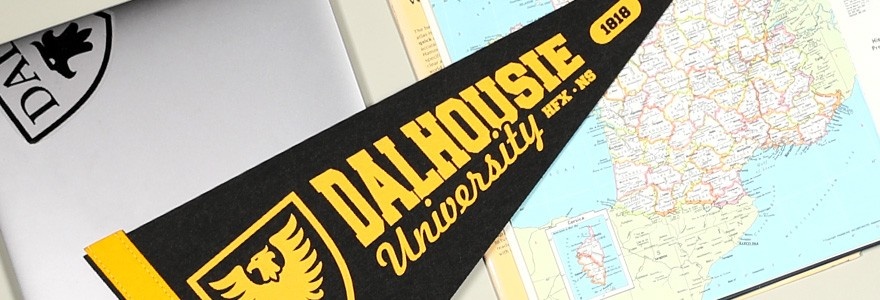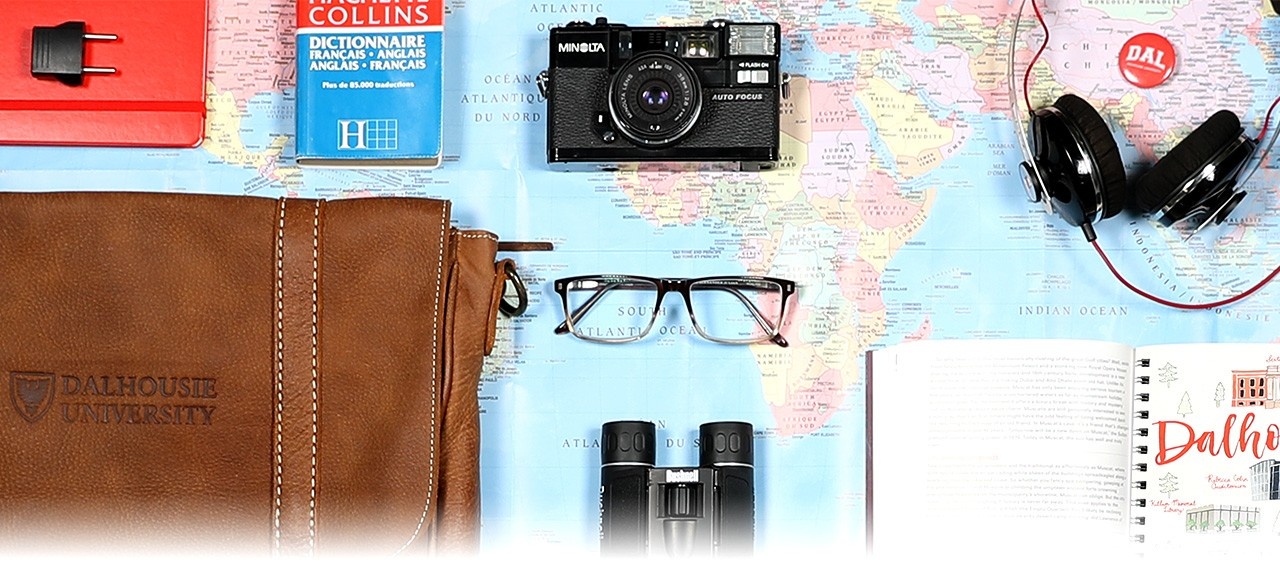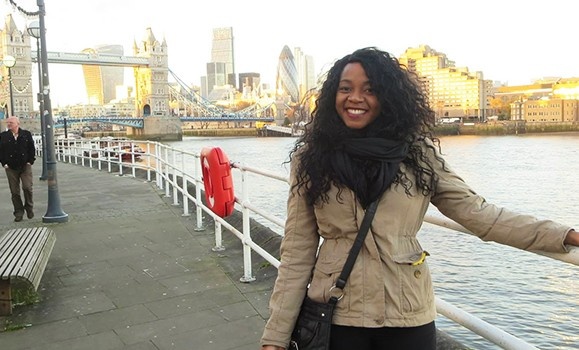Why study abroad

International Learning Experiences open up a world of career and life opportunities for students who study abroad and the faculty who host them. Below you'll find quick links to resources for students who want to see the world, faculty who want to teach abroad, and advisors, family and friends who want to see their ºÚÁϳԹÏÍøstudents thrive as global citizens.
For students
Welcome to the first step of a great adventure. If you want to see the world and become a global citizen, there's no better introduction than an International Learning Experience. Financial support is available, and you won't need to interrupt your educational track or change your graduation date.
Studying abroad can be for everyone. Whether you’re a lifelong Nova Scotian or a recent Canadian, International Learning Experiences will expand your educational and career opportunities. Don’t just take our word for it, read about the of fellow students!
Ìý
For faculty
Dreaming of teaching abroad? Hosting an international field course is an amazing opportunity for you and your students. You’ll be able to enrich your teaching experience and help your students reach their potential as global citizens. Find out more about the rewards and realities of running an International Learning Experience from colleagues who have been there.
What you need to know
Studying abroad may be easier than you think! A lot of students mistakenly believe there's no place in their academic plan for studying abroad or that studying abroad is just a luxury they can't afford or benefit from.
Here are some common myths about studying abroad/exchange and, more importantly, the facts that bust them:


